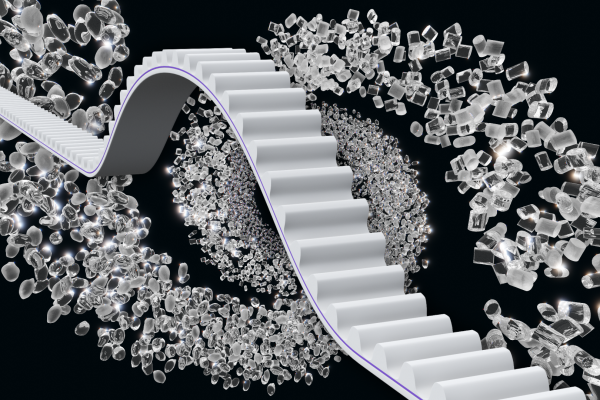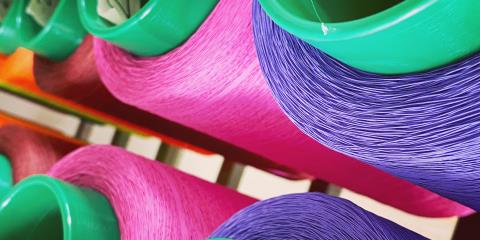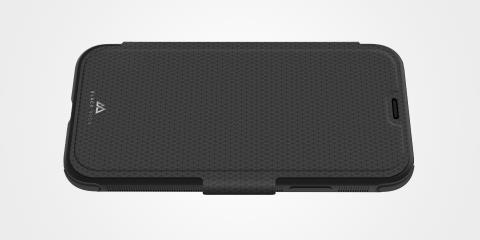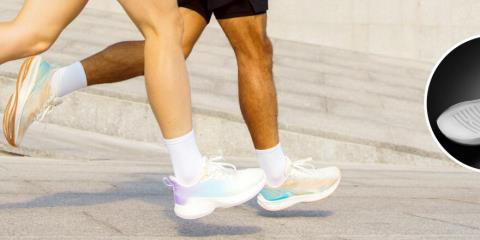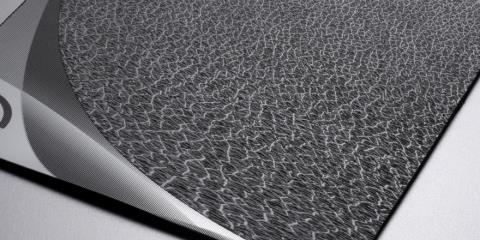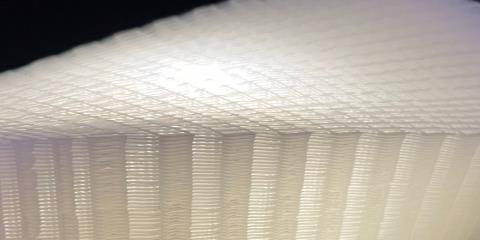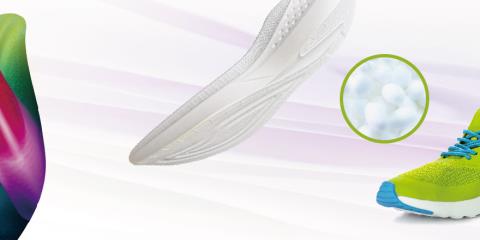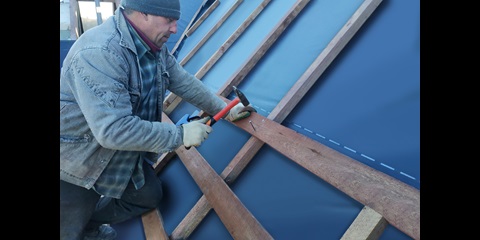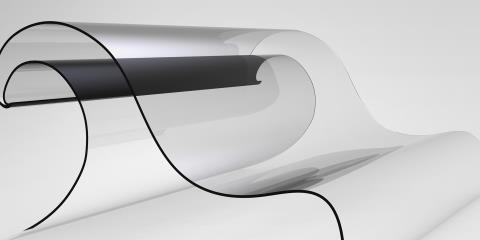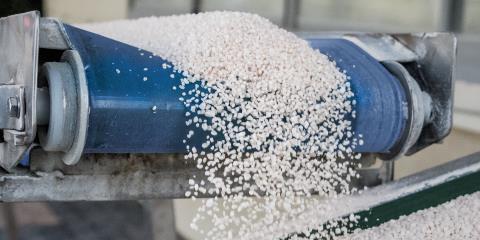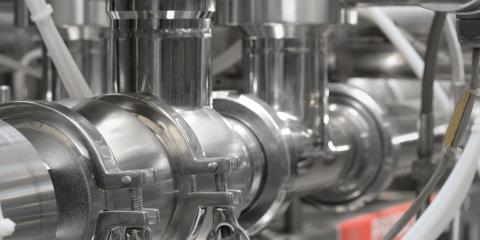
Materials
TPU
High-performance thermoplastic polyurethane resins and blends with superior properties that meet your specific needs.
We provide you with comprehensive information and resources for businesses in the chemical industry seeking high-performance thermoplastic polyurethane resins and blends. TPU is a versatile material known for its exceptional properties, making it a preferred choice in various applications across multiple industries. Our hub is designed to help you explore the capabilities and benefits of TPU, understand its manufacturing processes, and discover its wide range of applications. Whether you are looking to enhance and optimize your product performance,,explore new applications, or find reliable TPU suppliers, the Thermoplastic Polyurethane Hub is here to support your business in the chemical industry.
Key features of Thermoplastic Polyurethane
- Flexibility and durability: TPU offers excellent flexibility and durability, enabling it to withstand demanding conditions and repetitive stresses without losing its shape or performance.
- High mechanical strength: TPU exhibits impressive mechanical strength, making it suitable for applications that require toughness and resistance to abrasion.
- Chemical and UV resistance: TPU resists the effects of various chemicals, oils, and UV radiation, ensuring long-lasting performance in challenging environments.
- Versatile processing: TPU can be processed using a variety of methods, including injection molding, extrusion, blow molding meltblown and calender coating, depending on different applications and designs.
- Wide range of hardness: TPU materials can be formulated to achieve a broad range of hardness levels, from soft and flexible to rigid and tough, providing flexibility in product design.
Why choose high-performance TPU resins
Explore our carefully curated selection of high-performance TPU resins. These resins have been specifically tailored to meet the unique needs and performance requirements of various industries. Our range includes TPU grades with different hardness levels, mechanical properties, chemical resistance, and UV stability. Whether you require a soft, flexible TPU for footwear or a rigid, tough TPU for industrial applications, our product selection ensures that you find the right TPU resin for your specific needs.
Manufacturing Processes of TPU
Learn about the various manufacturing techniques employed to produce TPU. Melt processing involves melting TPU pellets and then molding or extruding them into desired shapes. Solution processing involves dissolving TPU in a solvent and then casting or coating it onto a substrate, followed by evaporation of the solvent. Each manufacturing process offers specific advantages and is chosen based on the desired end-product requirements.
How to reduce the carbon footprint with TPU?
Our Desmopan® CQ range offers exciting new possibilities to reduce the carbon footprint.
Bio-circular solutions (Desmopan® CQ MBC): Bio-circular is about mixing fossil and renewable, recycled or waste based feedstock in existing manufacturing systems while keeping track of their quantities through detailed verified bookkeeping and allocate them to specific end products.
Recycling solutions (Desmopan® CQ RC): Recycled products are made from secondary raw materials that have already gone through a product cycle and have been processed by specific procedures.
Bio-based solutions (Desmopan® CQ EC): Bio-based raw materials originate from plant, animal or algae biomass. In the case of TPU we use for example starch / industrial corn.
* Bio-based content as determined according to ASTM-D6866
All our solutions that carry the suffix “CQ”, derived from Circular Intelligence Quotient are living proof of our CE vision becoming reality: By using renewable and alternative raw materials such as feedstocks from waste or biomass – either segregated or mass-balanced feedstocks – as well as energy sources and unique chemical recycling technologies, we showcase our Circular Intelligence, offering different possibilities to reduce the carbon footprint.
Bio-circular solutions (Desmopan® CQ MBC): Bio-circular is about mixing fossil and renewable, recycled or waste based feedstock in existing manufacturing systems while keeping track of their quantities through detailed verified bookkeeping and allocate them to specific end products.
Recycling solutions (Desmopan® CQ RC): Recycled products are made from secondary raw materials that have already gone through a product cycle and have been processed by specific procedures.
Bio-based solutions (Desmopan® CQ EC): Bio-based raw materials originate from plant, animal or algae biomass. In the case of TPU we use for example starch / industrial corn.
* Bio-based content as determined according to ASTM-D6866
All our solutions that carry the suffix “CQ”, derived from Circular Intelligence Quotient are living proof of our CE vision becoming reality: By using renewable and alternative raw materials such as feedstocks from waste or biomass – either segregated or mass-balanced feedstocks – as well as energy sources and unique chemical recycling technologies, we showcase our Circular Intelligence, offering different possibilities to reduce the carbon footprint.
Can TPU be recycled?
Yes, TPU can be recycled. It is a thermoplastic material, which means it can be melted and reprocessed multiple times without significant degradation in its properties. Recycling methods include mechanical recycling as well as chemical recycling.
Why TPU for a mono-material design?
Due to its versatility TPU is a great mono-material. TPU that not only provides a high degree of flexibility and resistance across a wide range of temperatures but is also capable of running the entire structural spectrum from hard and stiff - to soft and elastic.
Its high degree of adaptability can even combine the contrasting features of rubber and plastics in terms of flexibility and rigidity, making it a processing multi-talent that’s ready for any challenge.
Technical Resources of TPU
Access detailed technical specifications, data sheets, material properties, and processing guidelines to assist you in the selection and integration of TPU into your products. Our technical resources provide comprehensive information about TPU, including its physical and mechanical properties, chemical compatibility, temperature resistance, and processing parameters. This information enables you to make informed decisions and optimize your product design and manufacturing processes for enhanced performance and efficiency.
What are the typical processing methods for TPU?
TPU can be processed using various techniques, such as injection molding, extrusion, blow molding, and calendaring. The choice of processing method depends on the desired product design, complexity, and volume.
How does TPU compare to other thermoplastics like PVC or TPE?
TPU offers advantages over materials like PVC (polyvinyl chloride) and TPE (thermoplastic elastomers) due to its superior mechanical properties, chemical resistance, and UV stability. It provides excellent abrasion resistance, higher durability, and a wider range of hardness options compared to PVC or TPE. In addition, TPU has very good recycling properties.
Thermoplastic Polyurethane: Industries and applications
TPU, with its exceptional properties, finds application across a diverse range of industries. In the automotive sector, TPU is extensively used for manufacturing components such as interior trim as well as hard-soft-combinations due to its durability, chemical resistance, and UV stability. Footwear manufacturers rely on TPU for its flexibility, abrasion resistance, and comfort. Additionally, TPU is a preferred material for sports equipment like protective gear, inflatable structures, and sportswear due to its impact resistance and versatility. In electronics, TPU is used for housings, cable insulation and connectors, thanks to its electrical insulation properties. Industrial goods benefit from TPU's toughness and resistance to wear and tear for profiles and belts, casters, wheels and rollers and also animal identification tags.
What are the advantages of using TPU in the automotive industry?
TPU offers numerous advantages in automotive applications, including its excellent resistance to abrasion, chemicals, and UV radiation, as well as its ability to withstand mechanical stress and extreme temperatures. It is commonly used in interior trim as well as hard-soft-combinations, for enhanced performance and durability.
Our Desmopan® 6-series of low-VOC ether-based TPU grades provide material solutions for automotive interior trim suppliers, footwear brands, artificial leather and industrial goods providers who need a low-emission, low- migration and high-performance solution for hard-soft bonding with thermoplastics.
Is TPU suitable for medical applications?
Yes, TPU is widely used in medical applications. Its biocompatibility, flexibility, and resistance to chemicals make it suitable for applications such as catheters, tubing, medical device components, and wearable medical devices. Learn more about medical applications with TPU.







